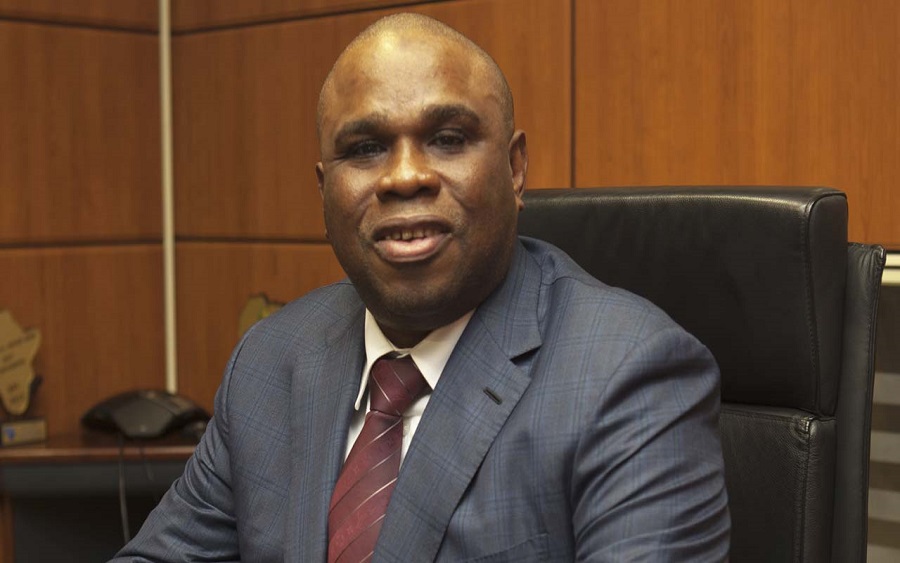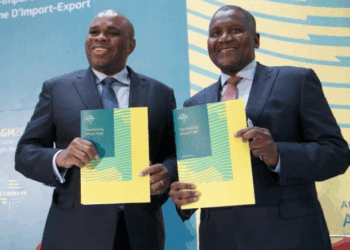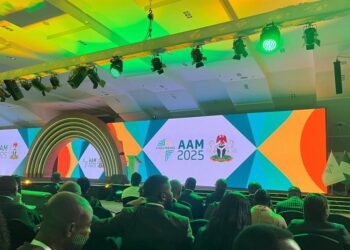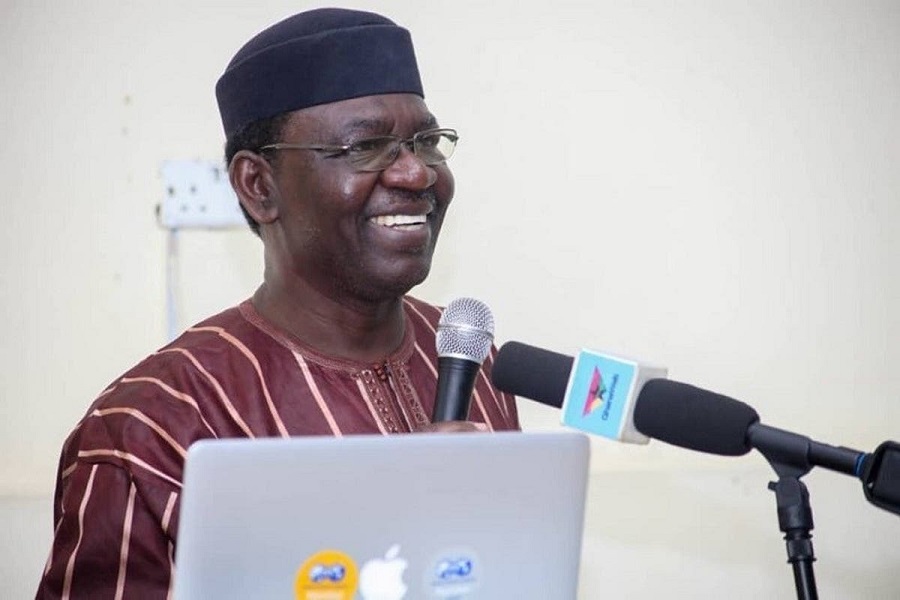The African Export-Import Bank (Afreximbank) yesterday listed eight Nigerian banks in its expanded Trade Finance Intermediary Initiative (TFIs).
The recent expansion increased the number of TFIs to more than 65 in 30 African countries.
READ: Nigeria generates N416.01 billion from Company Income Tax in Q3 2020
The listed Nigerian banks are Access, FCMB, Fidelity, First Bank of Nigeria, Sterling, Union Bank, Stanbic IBTC and Zenith.
A statement by the bank reads a key component of the Bank’s business model, the Trade Finance Intermediary initiative, which enables a smoother delivery of Afreximbank’s initiatives and credit solutions.
READ: Fixing the bugs in the Nigerian Software Industry – Chuks Onyebuchi
The statement further noted that in line with its charter and mandate, Afreximbank delivers its products and services with and through central banks, commercial banks and other eligible bank and non-bank financial institutions.
The Trade Finance Intermediaries also act as Local Administrative Agents for Afreximbank’s facilities. The Bank has put in place the Trade Finance Intermediary initiative to establish lasting relationships with these partner financial institutions.
READ: Afreximbank announces $3 million COVID-19 response grant for African countries
What they are saying
According to the bank
- New guidelines for appointing Trade Finance Intermediaries were introduced in 2017.
- As a result, Afreximbank has strengthened their role in assisting the Bank to reach eligible exporters and importers in Africa and beyond. Accredited according to rigorous criteria, Trade Finance Intermediaries are trained to understand Afreximbank’s mandate, strategy, process, and procedures.
- The further expansion of Afreximbank’s Trade Finance Intermediary initiative enlarges the accredited network of financial institutions that can work alongside the Bank, to facilitate the transformation and development of trade across Africa.
- Already this year, Afreximbank has onboarded more than 35 additional Trade Finance Intermediaries and more are expected to be approved during 2021. The local presence and knowledge of Trade Finance Intermediaries ideally positions them to play an important role in delivering Afreximbank’s credit solutions.
- Trade Finance Intermediaries are also instrumental in helping to ensure the success of Afreximbank’s initiatives, such as the newly launched MANSA repository platform – which provides a centralised pan-African source for Due Diligence and Know-Your Customer data – and the Pan African Payment and Settlement System (PAPSS), which will enable intra-African trade and commerce payments to be made in African currencies in furtherance of the goals of the African Continental Free Trade Agreement (AfCFTA).
READ: AfCTA: Effective implementation to boost Africa’s export by $560 billion
READ: Union Bank seals $40 million partnership with IFC
What you should know
- Some other financial institutions in the continent that made the list included Bank Gaborone, First National Bank of Botswana, Coris Bank International, Ecobank Cameroon, Banco Caboverdiano de Negócios S.A.’S (BCN), BGFI Cote d’Ivoire, Arab International Bank, Commercial International Bank (CIB), National Bank of Egypt, Export Development Bank of Egypt and Vista Bank Gambia, amongst others.
- In order to identify its partner financial institutions, Afreximbank’s official Seal of Accreditation as a TFI is a badge of honour and a symbol of excellence acknowledging and empowering their contribution to continent-wide initiatives, commitment to the development of Africa and the delivery of credit solutions at the local level.
- The African Export-Import Bank (Afreximbank) is a Pan-African multilateral financial institution, with the mandate of financing and promoting intra-and extra-African trade. Afreximbank was established in October 1993 and owned by African governments, the African Development Bank and other African multilateral financial institutions, as well as African and non-African public and private investors
READ: BOFIA 2020 bars banks from hiring dismissed govt workers

























